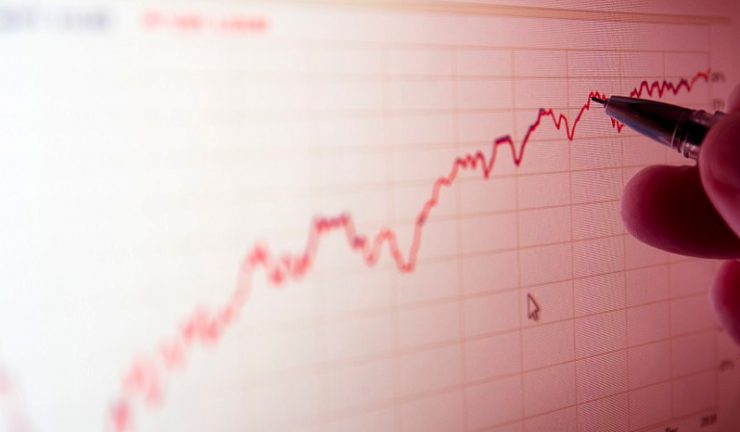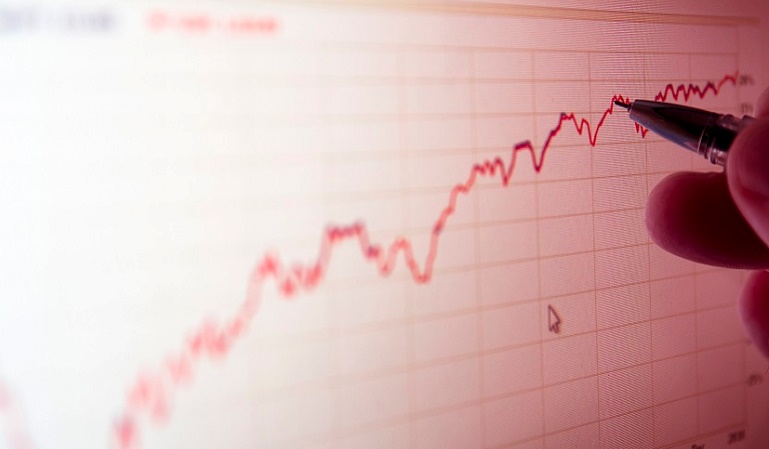Rising optimism around economy.
The Westpac Melbourne Institute Index of Consumer Sentiment rose 3.9% in July, its most positive reading since November 2013.
This improvement in consumer mood is the eighth month in which the Index has been above 100, indicating optimists outnumber pessimists, Westpac senior economist, Matthew Hassan said.
“Despite the positive run, the overall level of sentiment is still not that strong although the July reading compares favourably to recent years but is still below the 108.3 average recorded over the 10 years prior to the GFC, and peaks well above the 110 mark. Much of the improvement over the last year reflects a more balanced growth profile across states with stabilising conditions in the mining sector driving a recovery in Queensland and WA.”
The survey detail shows the latest lift in sentiment is being driven by growing optimism about the economy. “The ‘economic outlook, next 5 years’ sub-index surged 9.8% in July to be up nearly 20% on a year ago. The ‘economic outlook, next 12 months’ sub-index also posted a solid 3.9% rise to be up 13.5%yr. Both sub-indexes are now well above their long run averages,” Hassan said.

“Some of this lift likely reflects developments around tax policy with the government’s multi-year tax cut package passing into legislation in June and the first round of relief coming into effect on July 1. Sentiment amongst middle income households that benefit most from initial changes showed a particularly strong rise in July, with a 12.3% gain across those with annual incomes in the $60-80k range.
“There may have also been some positive sentiment response to proposed changes to the distribution of GST revenues that along with additional funding is expected to leave no state worse off. Notably, the improvement in expectations for the economy has come despite a continued escalation in global trade tensions,” he said.
Family finances showed a lift although gains were more muted and sentiment is still subdued overall. Household budgets have come under persistent pressure from a range of factors, including slow growth in wages, rising electricity and petrol costs, and declining house prices. Views around spending showed a muted gain with the ‘time to buy a major household item’ sub-index rising 1.7% in July, up 3% over the last three months, which is still well below the levels associated with buoyant spending conditions.
Consumer views around housing deteriorated, with price expectations showing sharp pull-packs particularly in NSW, down 9.6% and Victoria, down 13%.
“The Reserve Bank Board next meets on August 7 and the governor made it plain in recent comments that the official cash rate is unlikely to be changed any time soon. While the improved tone to sentiment this month will be a welcome shift given the bank’s concerns about an uncertain outlook for the Australian consumer, the detail will be less comforting with family finances still under pressure, labour market expectations stalling, and further signs of weakness in housing-related sentiment. All up, a lift in consumer demand still looks unlikely near term,” Hassan said.

